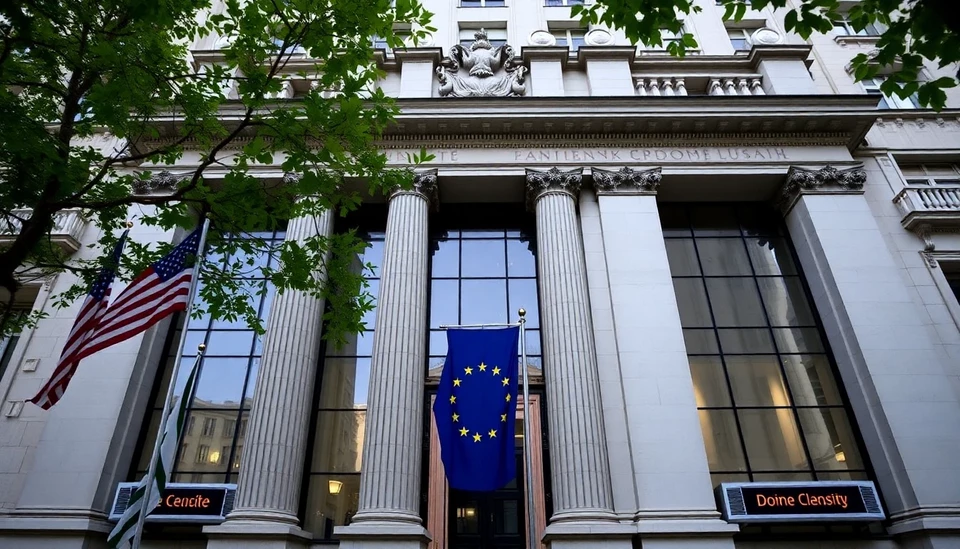
In a recent statement, UBS Group AG's Chief Executive Officer, Sergio Ermotti, emphasized that European banking deals must not falter due to nationalistic agendas. This plea comes as the financial landscape faces myriad challenges, particularly in the wake of global economic uncertainties and the aftermath of significant financial disruptions that have strained banking confidence.
Ermotti, known for his insights and leadership in navigating complex financial environments, argued that European banks need to foster collaboration across borders to ensure stability and growth. According to him, the current climate necessitates a shift away from parochial interests that could undermine the ongoing efforts to further integrate and stabilize the European banking system. His comments emerged during a panel discussion aimed at addressing the evolving dynamics of the banking industry in Europe.
The importance of this message cannot be overstated, particularly as several EU nations appear increasingly protective of their banking sectors in light of recent challenges. The seismic shifts caused by bank failures and subsequent governmental interventions have highlighted the complexities of cross-border banking operations within the eurozone.
Ermotti articulated the necessity for collective action, asserting that Dealing with financial issues is no longer an isolated national concern. He insisted that all EU member states must prioritize long-term stability and the health of the financial system over immediate self-interests. "To enhance resilience, we must embrace cooperation instead of competition among national barriers," he noted.
As the EU continues to grapple with an array of economic pressures, Ermotti's message resonates with the urgency of reconsidering existing frameworks that govern banking mergers and acquisitions within the region. His call for a unified approach stems from the recognition that a fragmented banking environment could act as a hindrance to the continent's recovery and growth trajectory.
With significant mergers and acquisitions poised to reshape the landscape of European finance, Ermotti's insights may relay a critical turning point for the region. As financial institutions reassess their strategies amidst evolving regulatory frameworks and market dynamics, the imperative for expanded collaboration among EU banks stands clear.
Industry experts are now closely monitoring the reactions to Ermotti's address, speculating on how EU policymakers might respond to his call for more cohesive approaches in future banking transactions. Will this impassioned advocacy inspire tangible policy shifts or continued resistance from national interests? Only time will tell.
As the financial world watches with bated breath, the coming months may hold the key to understanding whether Ermotti's vision for a unified European banking landscape will gain traction or fall victim to entrenched nationalistic tendencies.
#EUBanking #SergioErmotti #BankMergers #EuropeanUnion #FinancialStability #GlobalEconomy #BankingIndustry #EconomicIntegration
Author: Victoria Adams




